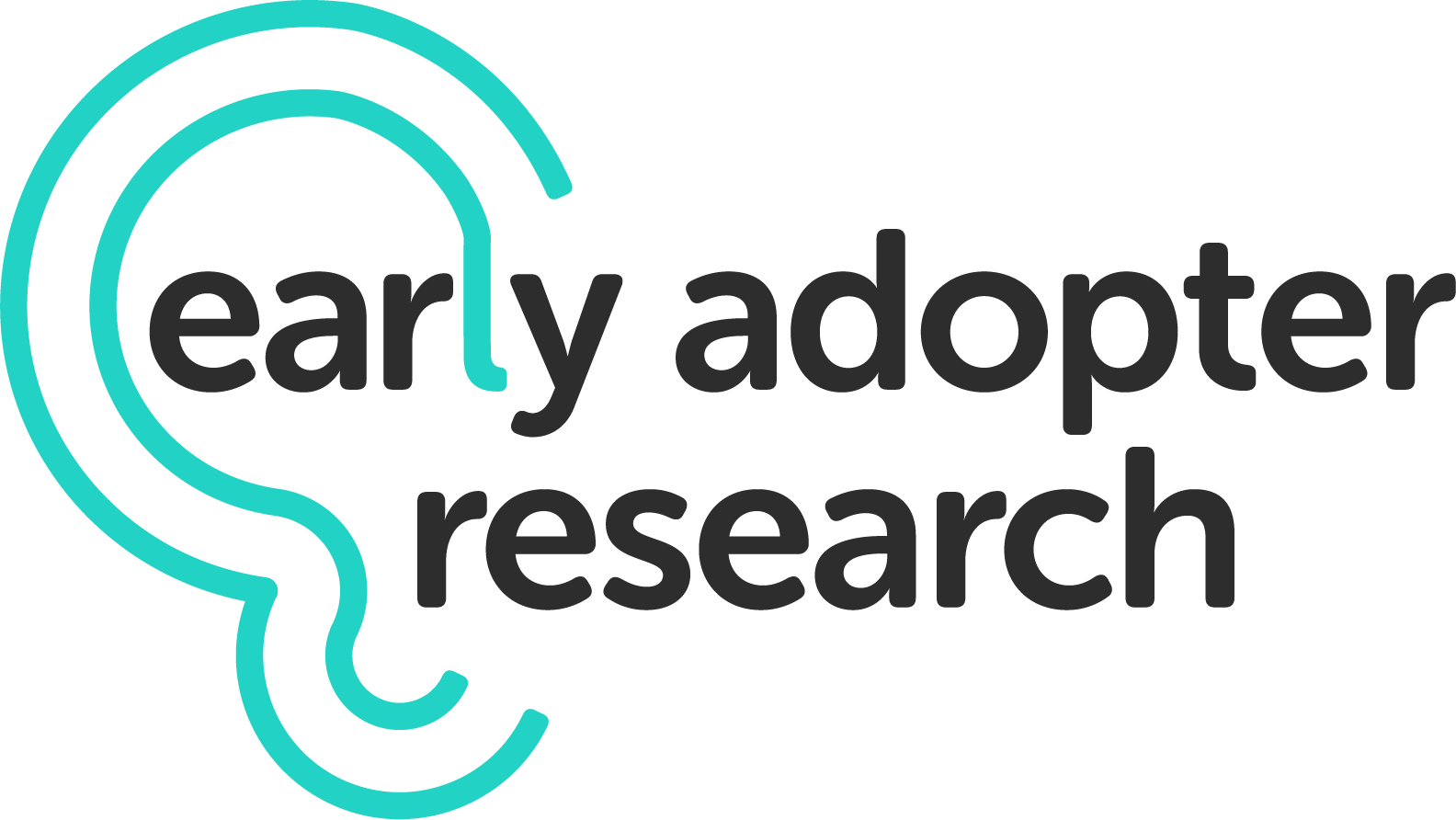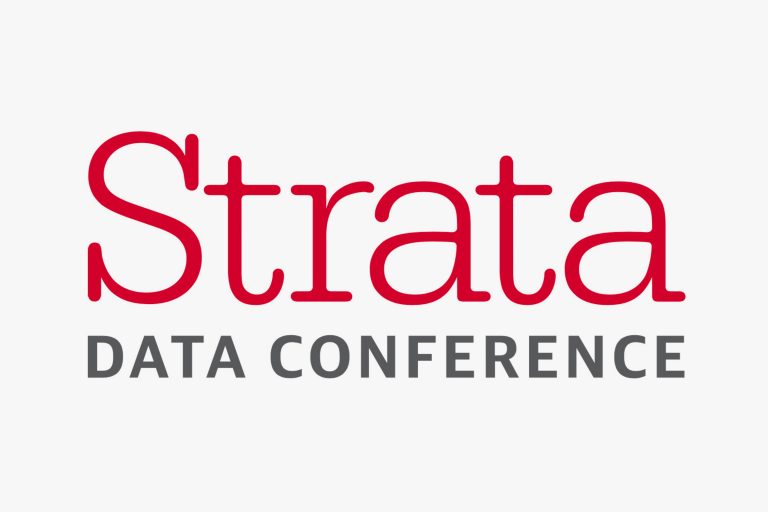Escape Hatch From Oracle

It is time to gain power in your Oracle relationship.
Welcome to the “Escape Hatch from Oracle” home page, which summarizes the ongoing stream of content dedicated to educating the IT world about how best to manage, evolve, and if necessary, escape from a relationship with Oracle.
The content is in this research mission is organized in a set of episodes, each of which covers a key point in fulfilling the mission.
If you are new to the mission, read the Research Mission Declaration, which explains what this mission is trying to accomplish.
Then look over the descriptions of the episodes and the summary of the research that is completed or underway to solve a key problem.
Make sure to sign up for the mailing list for Early Adopter Research or follow @EarlyAdopterEAR so we can inform you as we publish new content.
Please reach out if you have ideas for improving the research mission. We especially like hearing questions that should be answered but don’t seem to be addressed.
Research Mission Declaration
Key story: Escape Hatch From Oracle Research Mission Declaration
To understand what Early Adopter Research is up to in the Escape Hatch from Oracle Research Mission, please check out the Escape Hatch From Oracle Research Mission Declaration. This story describes the goals of the research mission, why we started it, our thoughts about why anyone would stay or leave a relationship with Oracle, and the way the content will be created.
Episode 1: How Oracle Licensing Strategy Works
This episode is aimed at providing education so you can learn more about Oracle licensing and know when you may be in over your head in dealing with Oracle.
From Oracle’s perspective, its licensing model is a thing of beauty that encourages the use of its products and often ends up creating licensing liabilities that can be exploited during audits.
From the customer perspective, the licensing model is something to be approached very carefully. Not paying attention to how it works can lead to big problems.
While analyzing the details of Oracle licenses requires both legal and product expertise, it is vital that every customer make sure that everyone in the IT function knows that downloading and installing Oracle products is a serious matter that should not be done lightly.
Here’s a quick overview.
Download now, get audited later.
Oracle has a unique licensing model that puts very few prior restraints on the usage of its products. In other words, most of Oracle’s products, including premium add-ons, can be easily downloaded, installed, and put to work by anyone who runs Oracle software. Oracle then protects itself from unauthorized use by maintaining the right to audit clients to confirm there is unauthorized usage.
ULAs: The all-you-can-eat buffet.
Oracle encourages the purchase of unlimited license agreements (ULAs) that allow expansive use of Oracle products for a certain period. At the end of that period, the client must either certify usage of a specific set of products and start paying maintenance or enter a new ULA.
The devil is in the details.
Oracle licenses refer to many policies that are not part of contracts but are located in documents online that could be changed. Oracle at times updates these policies, which has an impact on client’s licensing entitlements.
In short, it’s complicated.
The Oracle licensing landscape is complex. The threat of an audit and the findings of an audit are used by Oracle to increase its bargaining position. Oracle customers may be wary of doing things they may be allowed to do (like moving licenses from on-premise to a public cloud like Amazon Web Services) or running virtualized instances.
Episode 2: Understanding and Controlling Your Oracle Footprint
Key Story: Four Zones of Freedom from Oracle
This episode examines the process of gaining understanding and control over your use of Oracle so that you are as powerful as possible in license audits and negotiations. Most Oracle customers aren’t seeking a complete escape, but rather to avoid surprises and having to negotiate from weakness.
The framework presented in our story “Four Zones of Freedom from Oracle” explains the journey that many companies go through when they seek to gain more power in their Oracle relationship.
Episode 3: Creating an Escape Hatch from Oracle Databases
Key Story: Cloud Migration Made Easier: A Podcast with Apps Associates
As the Four Zones of Freedom from Oracle story points out, the most power when negotiating from Oracle comes from being able to choose not to use Oracle products. But as anyone who has run a large IT infrastructure can attest, switching technology, especially something as central and mission-critical as a database, can be a daunting task.
This episode seeks to study how you can evolve your use of Oracle databases so that you can eventually choose not to use them or reduce your reliance on them. The podcast Cloud Migration Made Easier: A Podcast with Apps Associates examines the process of migrating an Oracle database to the cloud, which can be a great first step toward understanding your footprint and finding alternatives.
Episode 4: Creating an Escape Hatch from Oracle Applications
This episode is about gaining power when using Oracle Applications. While companies don’t have as many auditing vulnerabilities with applications as they do with the database, it is important to have good licensing and auditing practices in place.
Episode 5: Planning for Controlled and Optimized Usage of Oracle Cloud
This episode is about how to understand and make use of Oracle’s cloud offerings. Licensing audits are much less of a problem in the cloud because it is generally impossible to use the cloud without an entitlement and a way to pay.
But Oracle uses its power in license audits to encourage the use of its cloud. At the worst, companies are forced to buy cloud credits which go unused. If you are an Oracle customer, it makes sense to understand their cloud offering so that you can make the best use of it when it makes sense and get value if you are forced to use it.
In addition, Oracle Cloud differs in many ways from Amazon Web Services, Microsoft Azure, and Google Cloud Platform. It is important to understand those differences when choosing cloud technology.
Episode 6: Future Risks for Java and Other Oracle Products
Key Story: What You Should Know About Java Audits: A Podcast with Palisade’s Craig Guarente
When Oracle bought Sun Microsystems it gained control of much of the Java language ecosystem. As the podcast with Craig Guarente explains, What You Should Know About Java Audits: A Podcast with Palisade’s Craig Guarente, Oracle is showing signs that it is preparing to run some kind of audit-based or security-driven playbook to encourage licensing and upgrades to Oracle’s Java technology.
This is a trickier game for Oracle because the lock-in of the Java Virtual Machine is less intense than the lock-in of a database. There are also many alternative choices of Java runtimes and tooling out there for users of the Java language.
This episode will keep an eye on what Oracle is doing with Java and also map out the choices that Oracle customers have. In addition, we will also keep track of other products that Oracle has that are not databases or applications.
The Escape Hatch From Oracle Research Mission is Sponsored by:
Oracle is a registered trademark of Oracle and/or its affiliates. Early Adopter Research is an independent firm and not associated with Oracle. © 2019 Early Adopter.








Leave a Comment